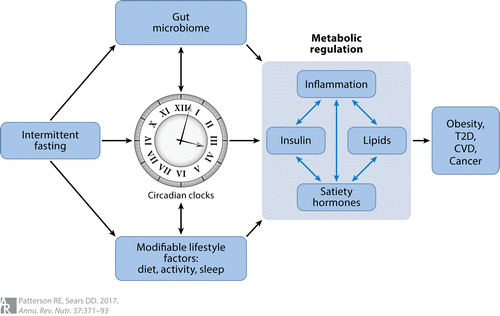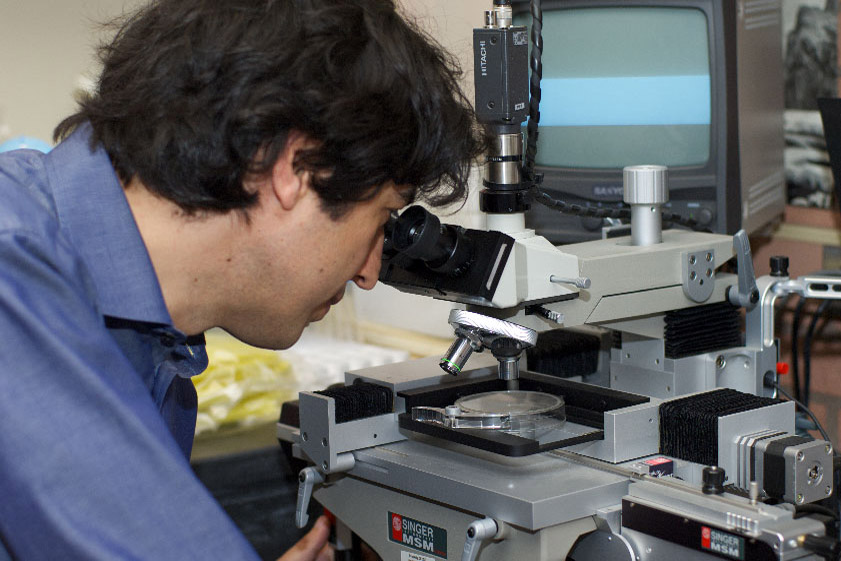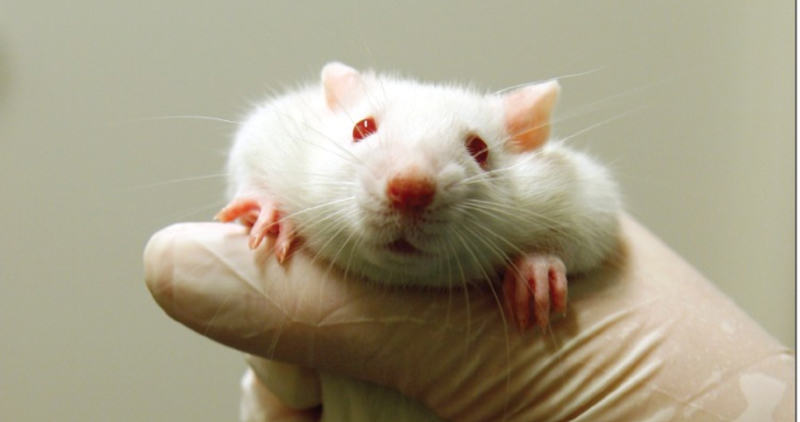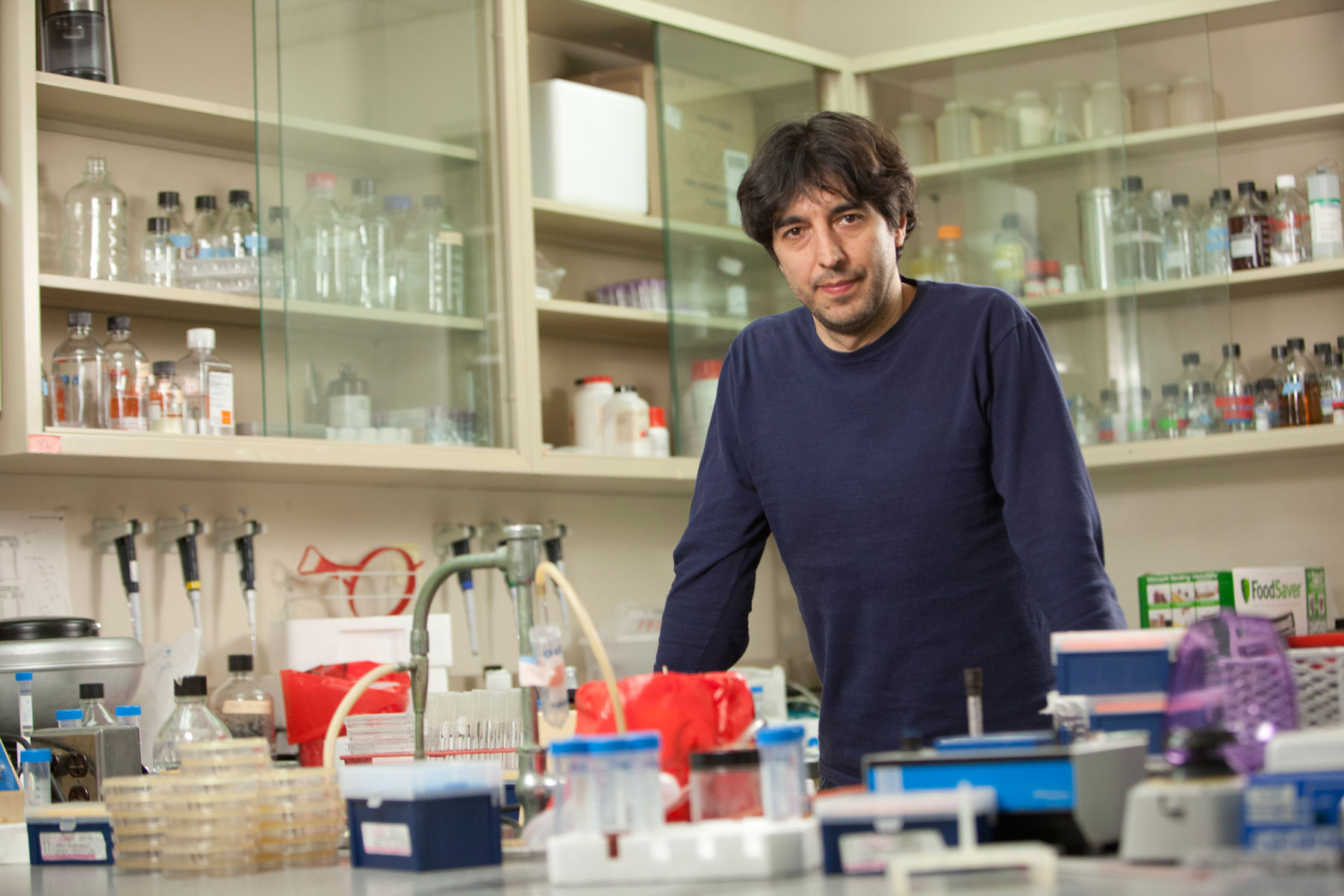Food & Fasting
Fasting

We know it’s a bit weird to pay to go on a fasting retreat. So why would you?
Everywhere we look we are being sold the idea of convenience and eating. Every magazine, TV, Digital screen, online ads are pushing us to EAT, EAT, EAT, DRINK, DRINK, DRINK !
For thousands of years, human beings would only eat once or twice a day. This would give the body the opportunity to catch up between meals, getting rid of old damaged cells that were not working properly and ensuring a lean body mass, a body that worked, moved and thrived.
Today we live an office to coffee to wine to netflix life, grabbing manufacturer convenient food which has little to no nutritional value. How about becoming human again and feeling good?
Working with incredibly supportive experienced fasting coaches, you will feel deeply heard, understood and safe. The environment we create
We have outlined below for you all the reasons why we fast on our retreats.
Why do we fast on our retreats?
- There is proven science in fasting once a year to elevate mood, reset the nervous system and clean up the immune system.
- Constantly eating leaves sludge through the system, taking a break allows the body to do a spring clean creating new white cells, transforming chromosomes and using adipose fat (belly, arm, thigh fat) as fuel.
- Benefits go far past weight loss and into a new relationship with why we eat, how we eat and how much we eat.
- Taking a break from alcohol, coffee and other stimulants such as over use of screen time allows the mind to clear. You will feel empowered to choose health and greater well being.
- Since ancient times, wise ones, great thinkers and human leaders such as Plato, Socrates and today’s genius’ of modern medicine all understand how important the gift of fasting is for clarity of thought.
- When the mind is not busy processing food it can be free to think laterally, imaginatively and creatively.
- Fasting is incredibly powerful for healing and resets the immune system. It’s the one thing you can do yourself once a year to ensure your immune system is functioning with strength. The latest research shows a short term fast starves cancer cells. Fasting kills off bad cells and regenerates new ones, particularly stem cells, which are the building blocks for life.
- Fasting has a positive impact on ageing, people that fast look better, age slower and are sexy as hell.
- Rejuvenation of cells, stem cells, body systems and organs.
- By removing inflammatory foods the body can heal, joints feel better and you move easier.
- In this retreat you will learn which foods truly nourish your body and your mind for long term health.
- Fasting is a wonderful protective disease prevention tool.
This fasting retreat will ensure you move better, feel better and think more clearly.
“The effects of fasting apply to many different systems and organs, not just the immune system.
We could not predict that prolonged fasting would have such a remarkable effect” – Professor Dr Valter Longo
University of Sydney
How intermittent fasting changes liver enzymes and helps prevent disease
11 March 2020 – Research on mice reveals surprising impact on fat metabolism
Annual Review of Nutrition
Metabolic Effects of Intermittent Fasting
University of Southern California
Fasting triggers stem cell regeneration of damaged, old immune system
Protection from chemotherapy immunosuppression indicates effect could be conserved in humans.
US National Institute of Health - National Library of Medicine
Intermittent fasting: the science of going without
There is a large body of evidence that suggests fasting can benefit both the body and brain, but most research has been conducted on animals, such as mice. Researchers studying fasting are calling for more human studies
University of Southern California
Fasting-like diet turns the immune system against cancer
A low-calorie fasting-like diet, plus chemotherapy, enables the immune system to recognize and kill skin and breast cancer cells, according to a new USC-led study on mice.






